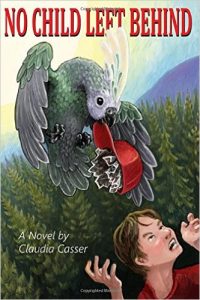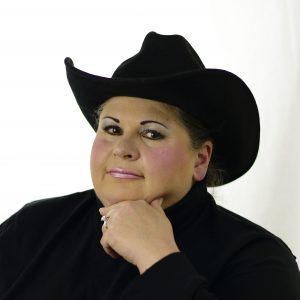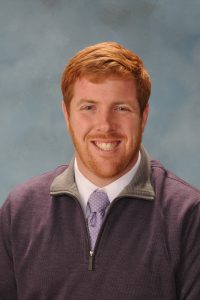Individuals on the spectrum shouldn’t have to fight to survive and function each day. I’ve heard individuals on the spectrum often speak about the exhaustion of managing their schedules each day because they are trying to live in a world that isn’t always aware of and sensitive to their needs. Jodie Van de Wetering, an autistic writer from Australia, explained this to me once, saying,
“It is over and above what a neurotypical person would need, and it is disheartening sometimes that I need three timers, a whiteboard and endless reminders and checklists to achieve what other people seem to be able to do with nothing more than a slim diary. But it’s not about doing what other people do, or looking sleek and elegant. It’s about getting the job done, and this is what I need to do that.”
This reminded me of how my son fought for survival after being born 3 months early and the subsequent obstacles he has faced with a diagnosis of cerebral palsy and autism. This week I wanted to share a personal essay I wrote almost 4 years ago about how my son had been putting up a daily fight to survive and then develop after his extreme premature birth. He hadn’t yet been diagnosed with autism, but the specialists were already swarming with predictions about his future. Writing this was one of the first steps to understanding the variety of different ways autistic people experience the world and beginning to work towards supporting their needs and advocating for autism acceptance.
Enjoy!
…
Read More




